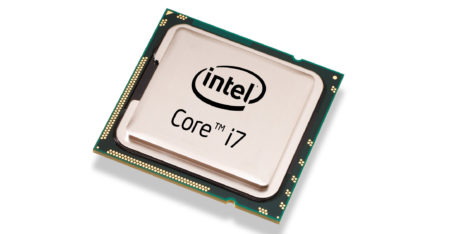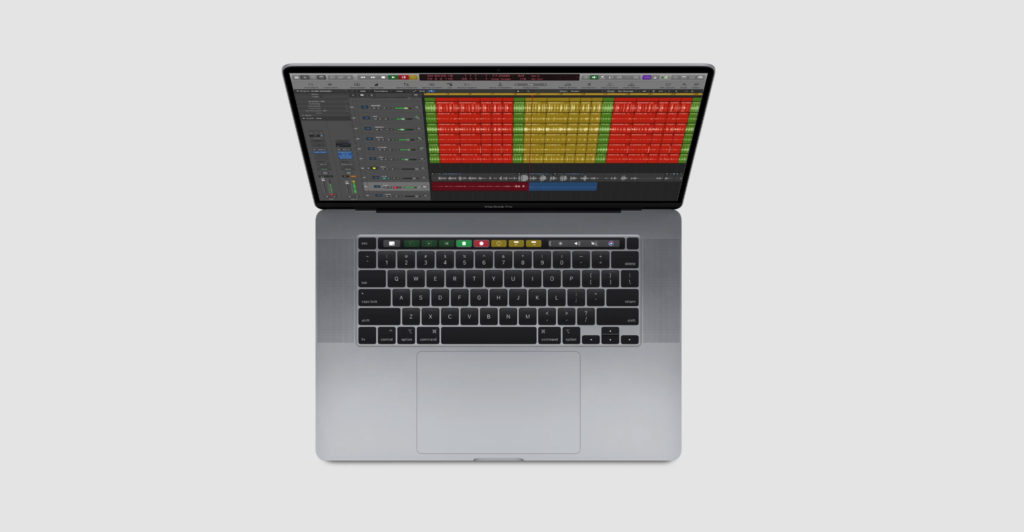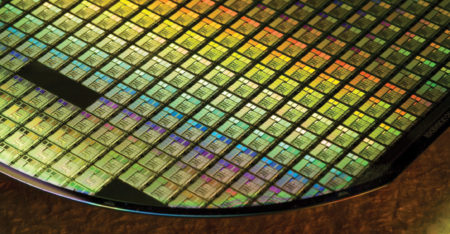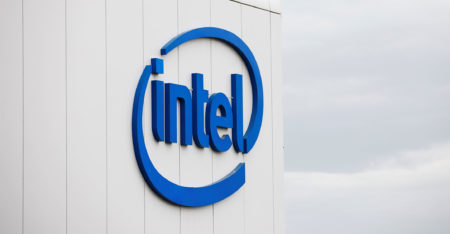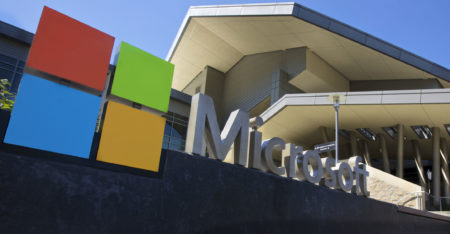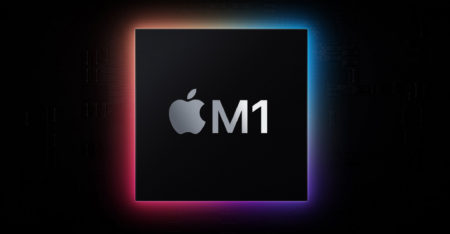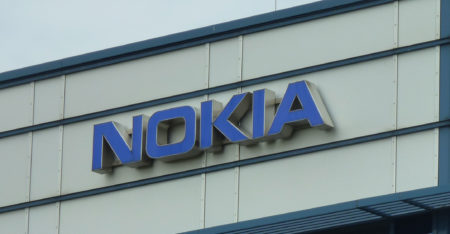Intel gave an upbeat forecast for the current quarter on continued demand for PCs that enable working and studying from home. The stock jumped.
Browsing: Intel
The Trump administration has notified Huawei suppliers, including chip maker Intel, that it is revoking certain licences to sell to the Chinese company and intends to reject dozens of other applications.
Apple is planning upgraded MacBook Pro laptops this year with much faster processors, updated displays and the return of its magnetic charger, according to a person with knowledge of the plans.
TSMC expects to boost capital spending to as much as $28-billion this year to safeguard its lead in advanced technologies that made it chip maker of choice to the world’s technology and car giants.
Chip maker Intel said on Wednesday it would replace CEO Bob Swan with VMware CEO Pat Gelsinger beginning 15 February. The company’s shares were up nearly 10% in morning trading.
Intel plans to tap Taiwan Semiconductor Manufacturing Co to make a second generation discrete graphics chip for PCs that it hopes will help it combat the rise of Nvidia.
Samsung Electronics rose the most in almost 10 months after Intel was said to be considering asking the South Korean giant and TSMC to make some of its most sophisticated chips.
Microsoft is working on in-house processors for the servers running its cloud computing services and Surface line of PCs, potentially cutting its reliance on Intel, a person familiar with the matter said.
Apple is planning a series of new Mac processors for introduction as early as 2021 that are aimed at outperforming Intel’s fastest chips.
Nokia is leading a group of companies and universities in a European Union funded wireless project called Hexa-X to help jump-start a new generation of mobile technology that’s already being called 6G.


